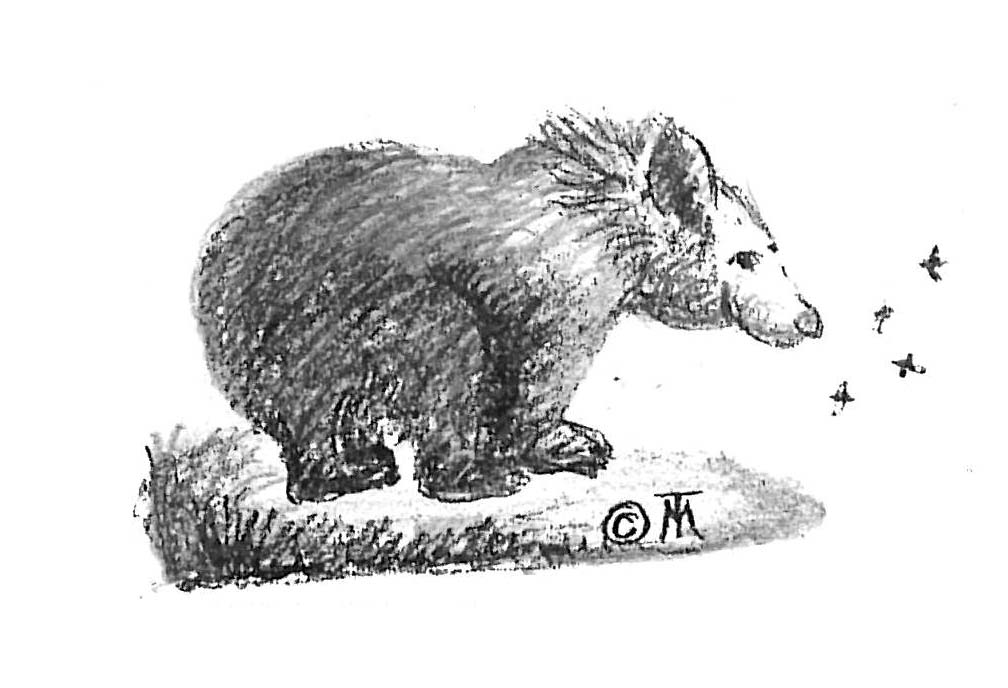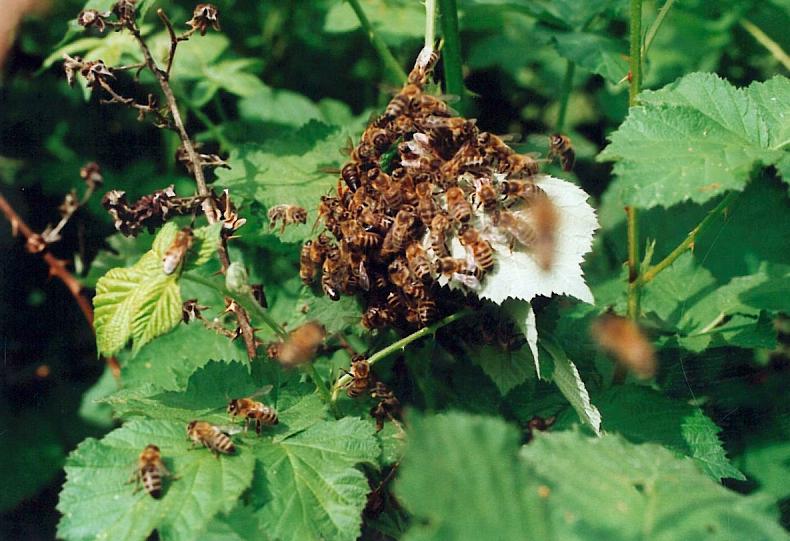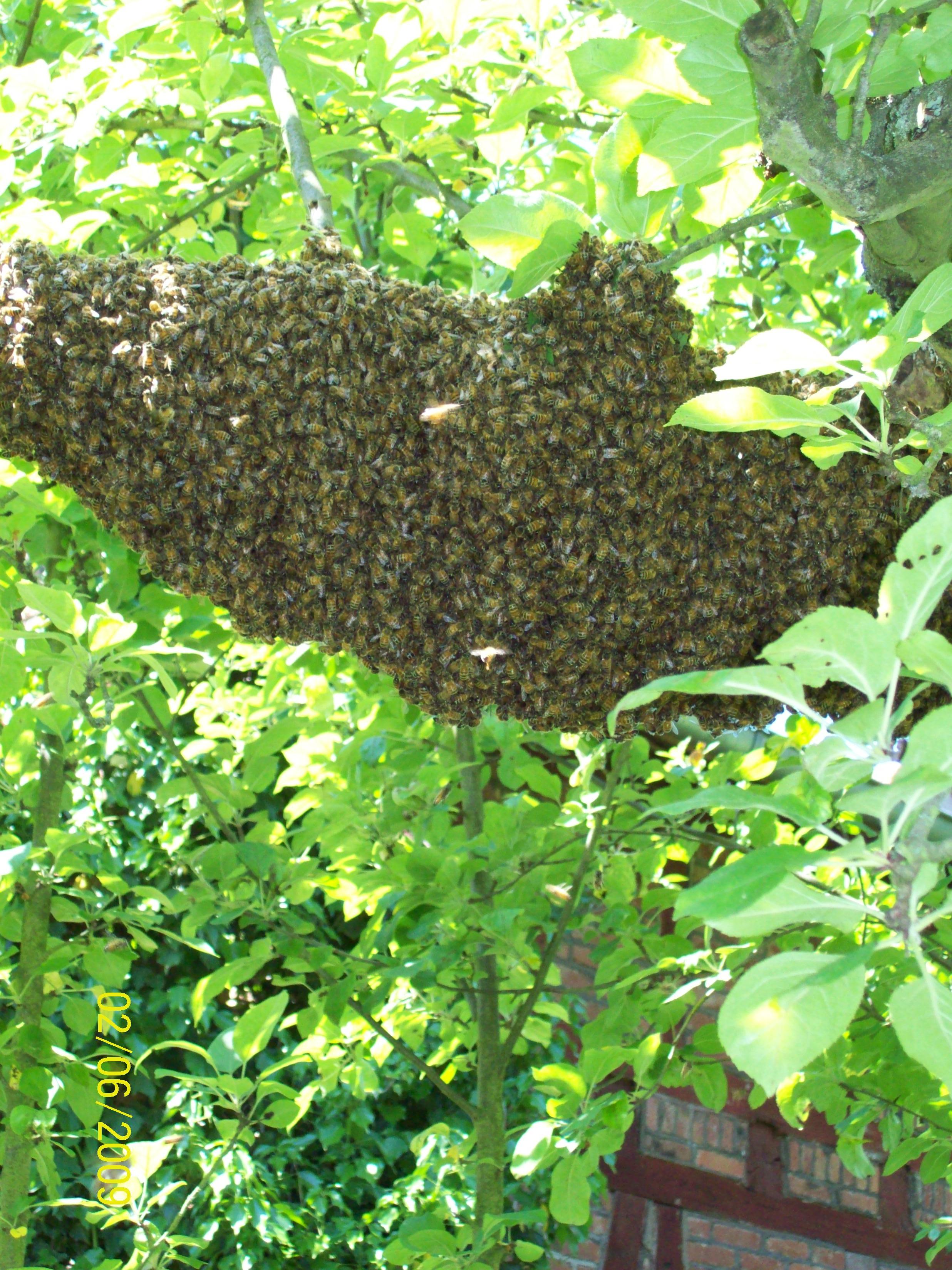



Sign
up for bee-therapy | Beauty-cure
| Anti-aging
| Infertility
| Cancer
of the breast | Hashimoto-Thyreoiditis
|
Crohn's disease
Rheumatism
| Juvenile idiopathic
arthritis | Heart
diseases | Arteriosklerosis
| MS |
Diabetes
| Neurodermitis
| Obesity |
Depression
and Psychosis
Allergies
| Alzheimer
/ Parkinson | Diseases
of the kidneys | Pancreas
| how
to improve fitness of the body
Propolis
| Beeswax | Royal
Jelly | Organic Honey
| Comb in the Comb
| Raw Honey | Organic
Beekeeping Basic Course
Expertise
| Courses | Home
| Research | Save
Beecolonies-Bienenpatenschaft | Certification
| Training
Apitherapy
Api
Review Letters / Science Review Letters
Akademie
der Kunst und Philosophie / Academy of Arts and Philosophy
Save
the Bees, Bumblebees and Beecolonies
Zentrum
fuer wesensgemaesse Bienenhaltung
Centre
for Ecological Apiculture
Forschungszentrum
Bienentherapie / Natural Apitherapy Research Centre
Beetherapy
/ Academy of Sciences
DI.
M. Thiele, President and international Coordinator
"unexplainable" Phenomenon Regarding
The Interrelationship Between The Increase Of Viruses And Factory Farming
What is the connection
between new and dangerous viruses like SARS, H5N1 (bird influenza) and
cruelty to animals by using for instance recombinant Bovine Growth
Hormone (rBGH)?
There
is a lot of cruelty to animals - bees included - , especially in industrial
countries, last but not least feeding animals to cows (as it is still practiced
in some countries: "FDA still gives the green light to feeding slaughterhouse
wastes, manure, and blood to chickens and pigs, however, as well as feeding
these animals back to cows" (1) or using Monsanto's recombinant Bovine
Growth Hormone (rBGH).
Regarding rBGH Scientists warn that it
may increase your risks of getting cancer: "Since its release onto the
market in 1994, Monsanto's recombinant Bovine Growth Hormone (rBGH) has
been banned in most industrialized nations, other than the U.S., Brazil,
and Mexico. While the genetically engineered hormone is regularly being
injected into 22% of the dairy herd in the U.S. to force cows to give more
milk, scientists warn that it may increase your risks of getting cancer.
Knowing consumers want to avoid rBGH, Monsanto has successfully sued a
number of dairies over the years for labeling their products "rBGH-Free."
After a decade of forcing rBGH-tainted milk and dairy products on consumers,
Monsanto has recently admitted to having mysterious production problems
in the Austrian factory supplying them with rBGH. Last week, the company
announced it is being forced to cut back production of rBGH (trade name
Posilac) by 50%, due, in part, to failing FDA inspections at its manufacturing
plant. Rumors are circulating in the dairy industry that
rBGH, the first genetically engineered
animal drug put into the U.S. food supply, may be pulled off the market"
(2).
There are campaigns like "Millions Against
Monsanto: If you're talking about PCBs, Agent Orange, Bovine Growth Hormone,
water privatization, biopiracy, untested/unlabeled genetically engineered
organisms, or persecuting small family farmers for seed saving, you're
talking about the Monsanto Corporation" (3). The campaigner want Monsanto
to "Stop intimidating small family farmers. Stop force-feeding untested
and unlabeled genetically engineered foods on consumers. Stop using billions
of dollars of U.S. taxpayers' money to subsidize genetically engineered
crops--cotton, soybeans, corn, and canola" (4).
The Commission president of the EU Romano
Prodi has nothing better to say after writing a strategy paper than: The
EU needs to "bring home the harvest of this high technology field" (5).
Without noticing that there might be an interrelationship between this
technology and for instance a socalled "Influenza-Pandemic"(6) as it is
described in below mentioned publications.
2004 January 29
Centre for Ecological
Apiculture
More Information:
Full verson in: Natural
Science 3 (1) 2004
See also: online books:
"Side-Effects
of Pesticides / health hazards of genetic engineering"
"Social
Medicine/Apitherapy"
International science magazines:
Apicultural
Review Letters
Natural
Science
Science
Review Letters

